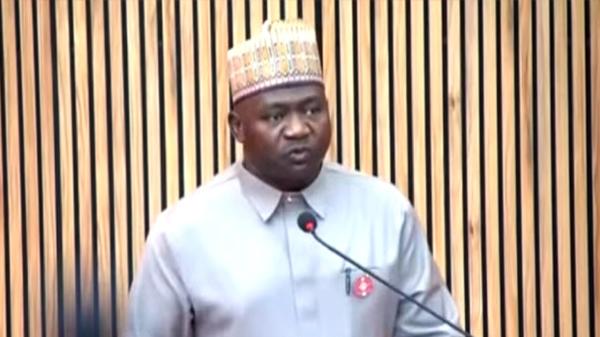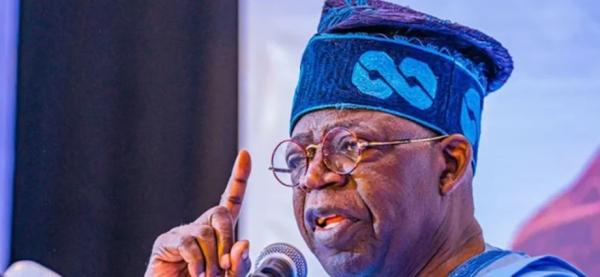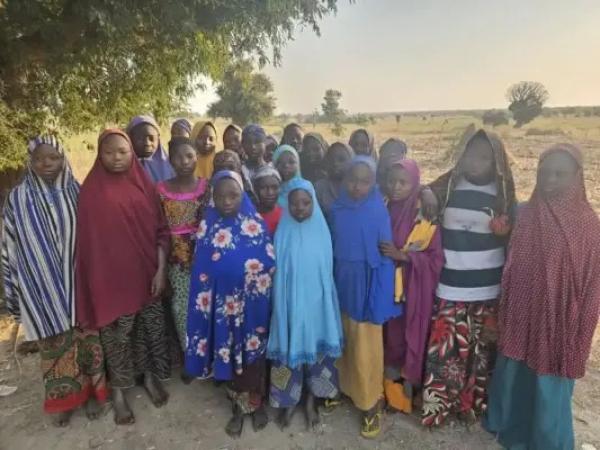
A religious sect identified as “Yanlabaiku” has built a base in Gwadagwaji, a settlement at the outskirts of Birnin Kebbi in Kebbi State.
The sect that has similar radical views to those of the Boko Haram seems to be more skewed towards institutionalising own fundamental doctrines.
The group reportedly with 100 members is yet to be associated with any form of violence. Like the Boko Haram, the group is also averred to western education and this is currently being propagated by its members through processions, crusades and meetings.
The group, according to sources, was formed by certain individuals named Ismaila Lakololoko and Bala Amadu. They were formerly members of a group in Niger State that was disbanded by the state governor. Some other members of the disbanded group were said to have relocated to Borno and Yobe states while some thought it wise to ply their extremist ideologies in Niger Republic.
Members of the group are also known as “Yanlokoloko”, a name allegedly belonging to one of the major kingpins of the group.
It is yet to be fully ascertained whether the group intends pursuing an extreme ideology similar to that of Boko Haram or actually intends imposing a more radical view.
The group is said to be at variance with the five-daily-prayer- practice of Muslims, which is one of the five pillars of Islam. Thus, it is being feared that this might lead to a fratricidal clash in the North.
Yanlokoloko appeals more as faithful of a new religion. It is said to attach more reverence to their Sheikh than God. These extremists are said to be very generous even to the extent of letting their wives play hostesses to scholars in their group.
“You might have noticed that their criticism of the five daily prayers which is a compulsory act in Islam is synonymous with the teachings of the sect sacked from Niger State, while the Boko Haram is known to oppose Western education. The issue of sharing their wives with their scholars is a known practice by some sects in the early 70s,” the source said.
Some of the residents who spoke confidentially said, “The group used to converge on Malam Labarasi’s residence in Gwadangwaji. Most of us don’t pray in their mosque. We did not pay much attention to them because, until we started seeing journalists and other people coming to ask questions, we never knew them.”






















